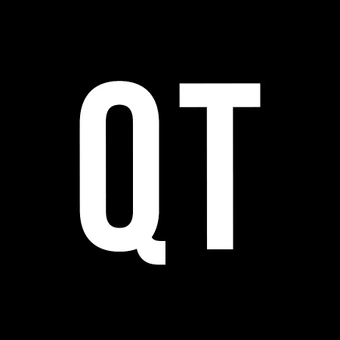Senior Software Engineer

Microsoft
Senior Software Engineer
Multiple Locations, United States
Save
Overview
Cloud computing is reshaping the world—and with the rise of AI, datacenter design is evolving rapidly from CPU-centric to GPU-driven architectures. Be part of this transformation by joining a fast-paced team at the forefront of enabling cutting-edge hardware innovations for Azure.
Our team leads the charge in optimizing and delivering world-class cloud infrastructure and foundational technologies that power Microsoft’s global cloud offerings. We are seeking exceptional software engineers to help define and expand our microservice platform, improve reliability and availability to five nines, and scale agent operations across millions of blades.
As a Software Engineer in DCM, you’ll build solutions that enhance system-of-record capabilities, streamline operations, and ensure compliance across our cloud infrastructure. You’ll collaborate closely with stakeholders to gather requirements, identify dependencies, and implement feedback loops that drive continuous fleet-wide efficiency.
At Microsoft, our mission is to empower every person and organization on the planet to achieve more. We foster a culture rooted in respect, integrity, and accountability—where innovation thrives, inclusion is foundational, and every employee is encouraged to grow and make an impact.
Qualifications
Required/Minimum Qualifications:
- Bachelor's Degree in Computer Science or related technical field AND 4+ years technical engineering experience with coding in languages including, but not limited to, C, C++, Rust, or C#
- OR equivalent experience.
- 2+ year(s) of experience with distributed systems.
Other Requirements:
- Ability to meet Microsoft, customer and/or government security screening requirements are required for this role. These requirements include, but are not limited to the following specialized security screenings:
- Microsoft Cloud Background Check: This position will be required to pass the Microsoft Cloud Background Check upon hire/transfer and every two years thereafter.
Additional or Preferred Qualifications:
- Bachelor's Degree in Computer Science
- OR related technical field AND 8+ years technical engineering experience with coding in languages including, but not limited to, C, C++, Rust, or C#
- OR Master's Degree in Computer Science or related technical field AND 6+ years technical engineering experience with coding in languages including, but not limited to, C, C++, Rust, or C#
- OR equivalent experience.
- 2+ years experience in system programming languages and understanding of Win32 and/or Linux subsystem
- Proficient problem-solving skills, drive for results, and ability to work independently
Software Engineering IC4 - The typical base pay range for this role across the U.S. is USD $119,800 - $234,700 per year. There is a different range applicable to specific work locations, within the San Francisco Bay area and New York City metropolitan area, and the base pay range for this role in those locations is USD $158,400 - $258,000 per year.
Certain roles may be eligible for benefits and other compensation. Find additional benefits and pay information here: https://careers.microsoft.com/us/en/us-corporate-pay
Microsoft will accept applications for the role until September 17th, 2025.
#azurecorejobs
Responsibilities
- Collaborates with appropriate stakeholders to determine user requirements for a scenario.
- Drives identification of dependencies and the development of design documents for a product, application, service, or platform.
- Creates, implements, optimizes, debugs, refactors, and reuses code to establish and improve performance and maintainability, effectiveness, and return on investment (ROI).
- Leverages subject-matter expertise of product features and partners with appropriate stakeholders (e.g., project managers) to drive a workgroup's project plans, release plans, and work items.
- Acts as a Designated Responsible Individual (DRI) and guides other engineers by developing and following the playbook, working on call to monitor system/product/service for degradation, downtime, or interruptions, alerting stakeholders about status and initiates actions to restore system/product/service for simple and complex problems when appropriate.
- Proactively seeks new knowledge and adapts to new trends, technical solutions, and patterns that will improve the availability, reliability, efficiency, observability, and performance of products while also driving consistency in monitoring and operations at scale.

